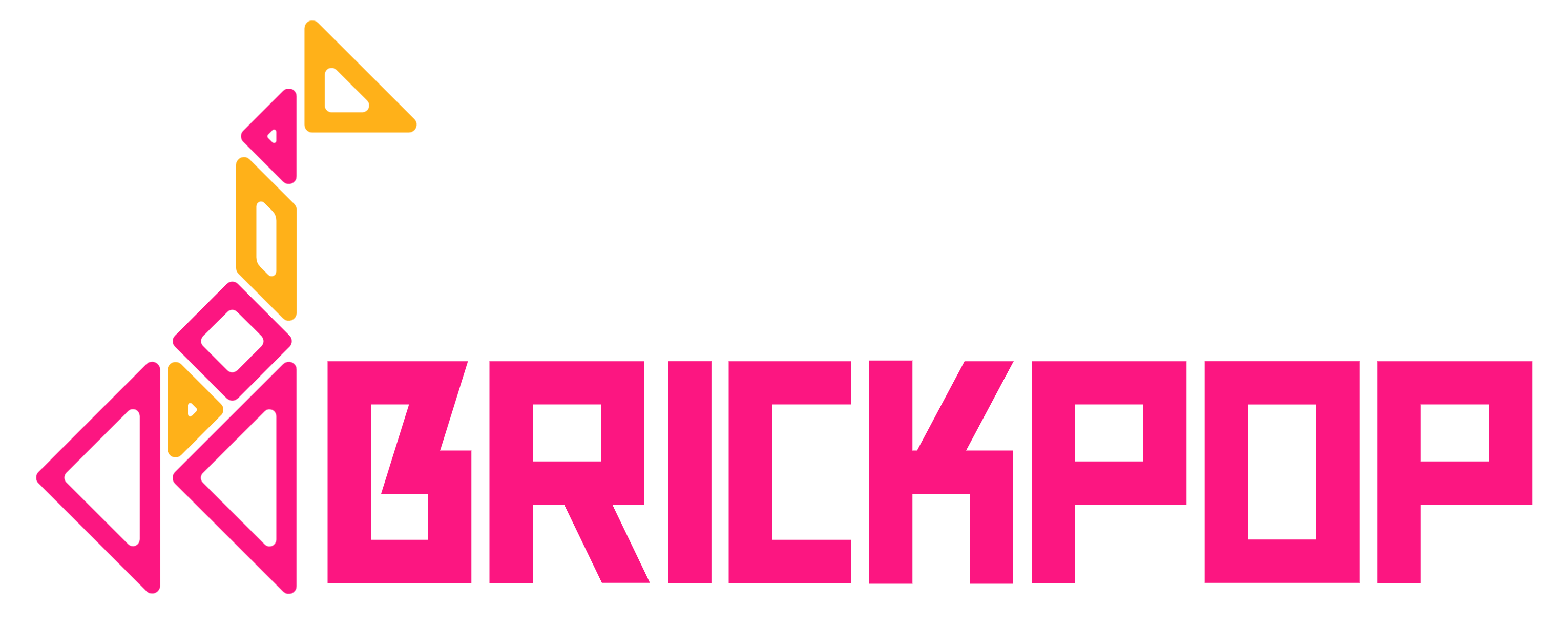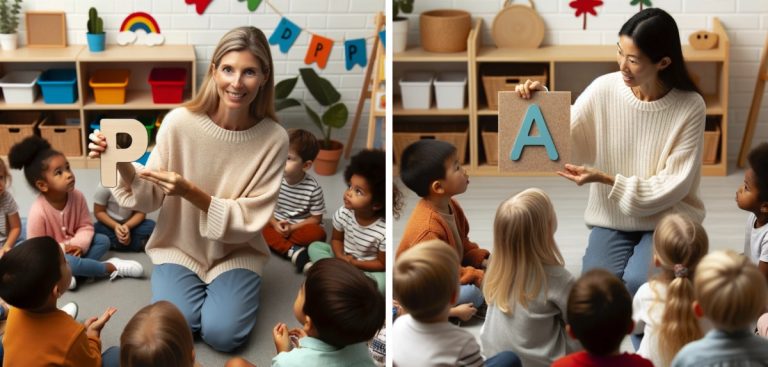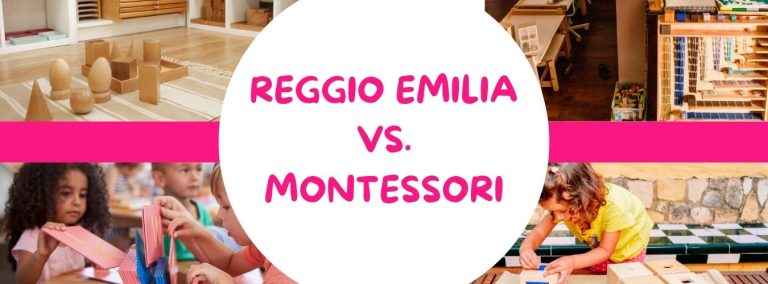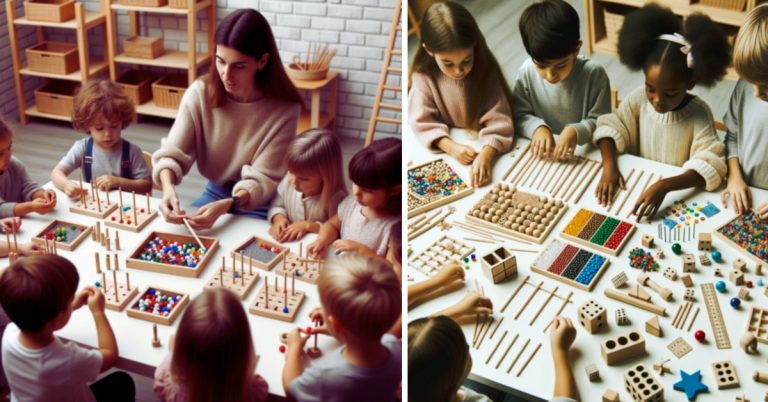All About Dr. Maria Montessori
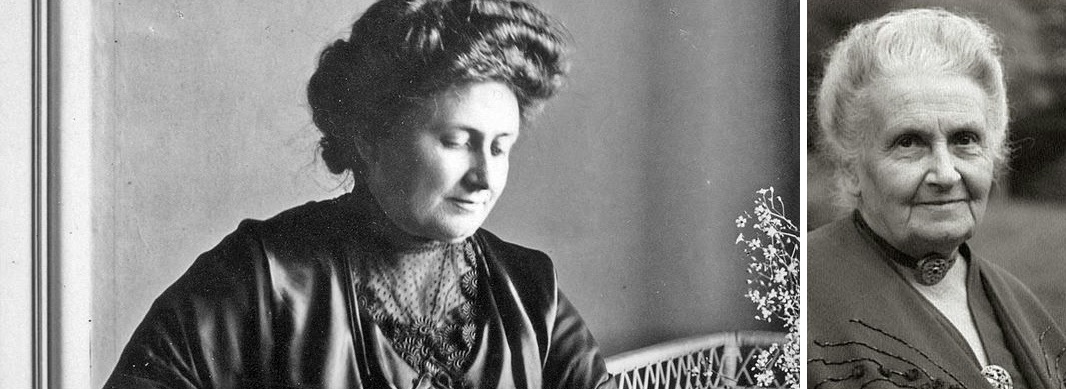
Maria Montessori was a pioneering educator who developed the Montessori Method, a child-centered approach to education that revolutionized the way children are taught. Her work has had a significant impact on education worldwide and her legacy continues to inspire educators today.
Who was Maria Montessori?
Born in Italy in 1870, Maria Montessori’s early life was marked by a strong desire to pursue a career in medicine. Despite facing societal opposition, Montessori was determined to follow her passion. In 1896, she became the first woman in Italy to earn a medical degree from the University of Rome.

Maria Montessori’s Biography
Maria Montessori’s journey into education began when she was appointed as the director of the Orthophrenic School in Rome, where she worked with children with learning disabilities. This experience sparked her interest in the education of children, particularly those who were considered “difficult” or “challenging”. Montessori’s observations and interactions with these children led her to develop her own unique method of education.
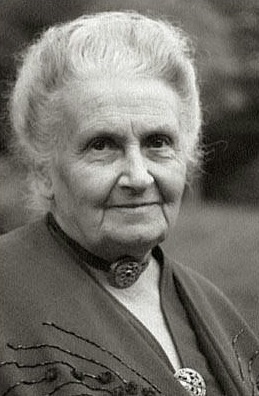
What is the Montessori Method?
The Montessori Method is an educational philosophy that emphasizes the natural development of the child. It is based on the belief that every child has an innate desire to learn and that the role of the educator is to facilitate this process. In a Montessori classroom, children have the freedom to choose their activities, work at their own pace, and explore various subjects and materials. The environment is carefully designed to promote independence, concentration, and a love for learning.
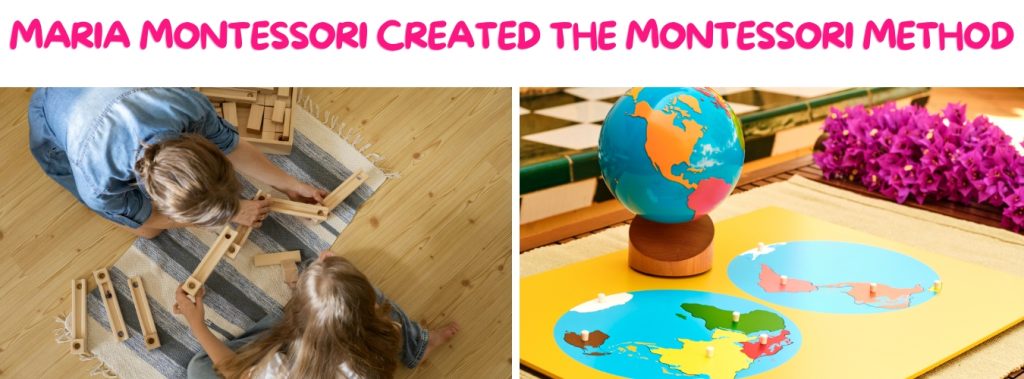
The Educational Philosophy of Maria Montessori
Maria Montessori believed that education should be child-centered and tailored to the individual needs of each child. She recognized the importance of fostering a love for learning and providing children with the tools and resources they need to succeed. Montessori’s approach to education emphasizes hands-on learning, self-discovery, and the development of critical thinking skills. Her philosophy focuses on nurturing the whole child – intellectually, emotionally, socially, and physically.
The Montessori Method in Practice Today
Today, Montessori schools can be found all over the world, offering a unique and effective approach to education. The Montessori Method has gained recognition for its ability to foster independent thinking, creativity, and a lifelong love for learning. Montessori classrooms are characterized by mixed-age groups, a prepared environment, and a wide range of age-appropriate materials. Teachers serve as guides, providing individualized instruction and support to help each child reach their full potential.
How did Maria Montessori contribute to education?
Maria Montessori’s contributions to education are vast and far-reaching. Her work at the Casa dei Bambini, the first Montessori school she established in 1907, was instrumental in showcasing the effectiveness of her educational method. Through her experiments and observations, Montessori demonstrated that children are capable of learning and achieving great accomplishments when given the right environment and guidance.
Her Work at the Casa dei Bambini
At the Casa dei Bambini, Montessori implemented her revolutionary ideas, introducing child-sized furniture, self-correcting materials, and a carefully designed curriculum. She observed that children were naturally drawn to activities that allowed them to explore and learn independently. Montessori’s approach proved successful, and the Casa dei Bambini quickly gained recognition for its positive impact on the education of young children.
Her Studies at the University of Rome
During her studies at the University of Rome, Maria Montessori delved deep into the fields of philosophy, psychology, and anthropology. Her research and observations shaped her understanding of child development and influenced her educational philosophy. Montessori’s studies allowed her to develop a comprehensive approach to education that took into consideration the physical, emotional, and intellectual needs of the child.
The Establishment of the Association Montessori Internationale
In 1929, Maria Montessori established the Association Montessori Internationale (AMI) to ensure the proper implementation and preservation of her educational principles. The AMI continues to train and certify Montessori teachers, promote research in the field of education, and support the growth of Montessori schools worldwide. Montessori’s vision of education as a means for peace and social change is at the core of the AMI’s mission.
What is the impact of the Montessori Method?
The Montessori Method has had a profound impact on the field of education. Its influence can be seen in the establishment of Montessori schools and societies around the world, as well as in the integration of Montessori principles into mainstream education systems. The Montessori Movement, which began in the early 20th century, continues to grow and evolve, spreading the ideals of Maria Montessori to new generations of educators and parents.
The Influence on the Montessori Movement
The Montessori Movement, inspired by Maria Montessori’s ideas and philosophy, has played a significant role in shaping the way children are educated. Montessori societies and organizations have been established in countries across the globe, working to promote and uphold the principles of Montessori education. These societies provide support, resources, and training to educators, parents, and schools interested in implementing the Montessori Method.
The Montessori Method in International Education
The Montessori Method has made its mark on international education, with Montessori schools being recognized for their effectiveness in fostering independent thinking, problem-solving skills, and global awareness. The approach has been integrated into various education systems, including public and private schools, and has gained recognition for its ability to cater to the diverse needs of children.
Montessori’s San Lorenzo Experience
Montessori’s experiences at San Lorenzo, an impoverished neighborhood in Rome, further shaped her understanding of the importance of education and its potential to bring about social change. Through her work with underprivileged children, Montessori witnessed firsthand the transformative power of education in breaking the cycle of poverty and empowering individuals to reach their full potential.
Frequently Asked Questions for Maria Montessori
What is the Maria Montessori theory?
The Maria Montessori theory, also known as the Montessori method, is an educational approach developed by Maria Montessori. It is centered around the belief that children are intrinsically motivated to learn and have an innate ability to direct their own education.
What was Maria Montessori best known for?
Maria Montessori was best known for developing the Montessori method of education. She was an Italian physician and educator who created a learning environment that allowed children to explore and learn at their own pace, emphasizing independence, freedom of movement, and hands-on learning.
What is the most famous Montessori quote?
“Education is a natural process carried out by the child and is not acquired by listening to words but by experiences in the environment.” – Maria Montessori
What is 1 main principles of the Montessori method?
One main principle of the Montessori method is that children should have freedom within limits. This means that while they have the freedom to choose their own activities and learn at their own pace, there are also clear boundaries and guidelines that help create a structured and orderly environment.
How does the Montessori method differ from traditional education?
The Montessori method differs from traditional education in several ways. In Montessori classrooms, children have freedom of movement, choose their own activities, and work at their own pace. The focus is on individual learning rather than whole class instruction. Montessori also emphasizes the development of the whole child, including their social, emotional, and physical growth.
Is the Montessori method suitable for all children?
The Montessori method is suitable for most children, as it recognizes and supports each child’s unique learning style and pace. However, it may not be the best fit for children who thrive in more structured and teacher-led environments.
Can the Montessori method be effective in a home setting?
Yes, the Montessori method can be effectively implemented in a home setting. It encourages parents to create a prepared environment that allows for independent exploration and learning. Montessori principles can be applied to various aspects of home life, promoting independence, responsibility, and self-discipline in children.
Conclusion
Maria Montessori’s innovative approach to education has had a lasting impact on the field of education. Her emphasis on independence, self-discovery, and a child-centered approach continues to shape the way children are educated around the world. Today, Montessori schools and programs provide a unique and effective alternative to traditional education, fostering a love for learning and empowering children to become confident, self-directed learners.
